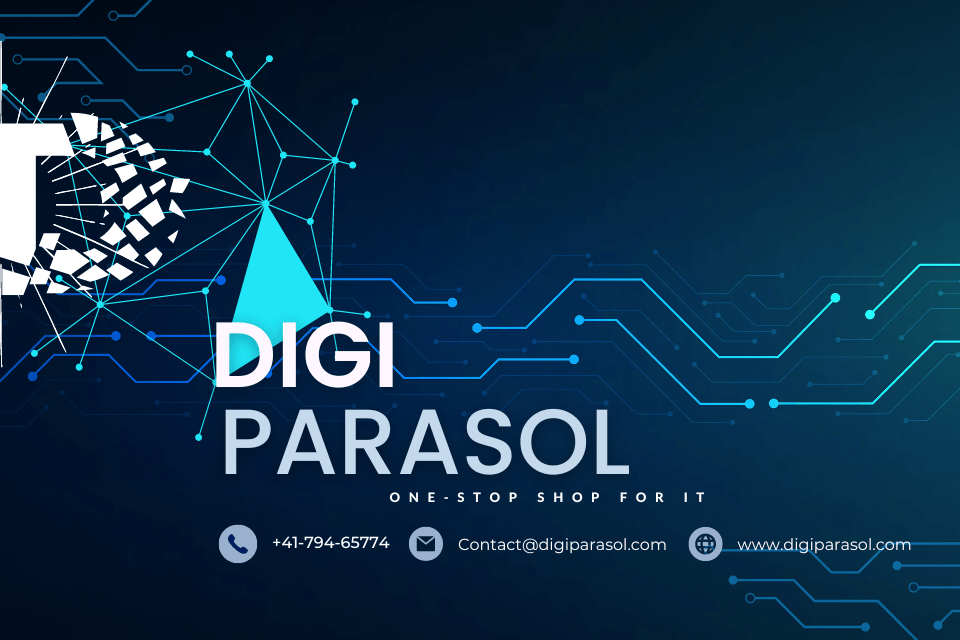In recent years, artificial intelligence (AI) technology has seen rapid advances in both capabilities and applications. From autonomous vehicles to healthcare diagnostics to natural language processing, AI has the potential to revolutionize industries and improve our daily lives in countless ways. However, with this rapid growth comes the need for careful governance and regulation to ensure that AI systems are developed and used responsibly and ethically.
As AI becomes more integrated into society, there are growing concerns about the potential risks and challenges associated with its deployment. These include issues such as bias and discrimination in AI algorithms, job displacement due to automation, the misuse of AI for malicious purposes, and the potential for AI systems to make decisions that harm individuals or society as a whole. In order to address these challenges and ensure that AI technology is developed and used in a way that benefits humanity, governments and international organizations are increasingly turning their attention to the issue of AI governance and regulation.
AI governance refers to the process by which organizations, policymakers, and other stakeholders establish rules, guidelines, and frameworks for the development and use of AI technology. This can include setting standards for the ethical use of AI, ensuring transparency in AI systems, and defining the roles and responsibilities of different stakeholders in the AI ecosystem. AI regulation, on the other hand, involves the establishment of laws and policies that govern the use of AI technology, including issues such as data privacy, intellectual property rights, and liability for AI-generated decisions.
The need for AI governance and regulation has become increasingly urgent as the capabilities of AI systems continue to advance. For example, the deployment of AI in critical infrastructure such as healthcare and transportation raises important questions about the safety and reliability of AI systems. In the healthcare sector, for instance, AI-powered diagnostic tools have the potential to improve patient outcomes and reduce healthcare costs, but there are also concerns about the accuracy and fairness of these systems. Similarly, in the transportation sector, the deployment of autonomous vehicles raises questions about the potential risks of AI-driven decision-making on the road.
In order to address these challenges, governments and international organizations have begun to take steps to develop AI governance and regulation frameworks. For example, in 2018, the European Union adopted the General Data Protection Regulation (GDPR), which includes provisions related to the use of AI technology and the protection of data privacy. The OECD has also published guidelines for AI ethics, which outline principles for the responsible development and use of AI technology.
However, there are still many gaps and challenges in the current landscape of AI governance and regulation. One of the key challenges is the lack of international coordination and harmonization of AI policies. While some countries have taken significant steps to regulate AI technology, others have lagged behind, creating potential loopholes for the development and deployment of AI systems that do not adhere to ethical standards. In addition, the rapid pace of technological innovation in AI means that regulations can quickly become outdated, leading to a need for constant monitoring and updating of AI governance frameworks.
Another challenge is the need to balance the benefits of AI technology with the potential risks and harms it can pose to society. For example, while AI has the potential to improve efficiency and productivity in many industries, there are also concerns about the impact of automation on jobs and income inequality. There are also concerns about the potential for AI systems to perpetuate existing biases and discrimination, particularly in areas such as criminal justice and hiring decisions.
To address these challenges, there are a number of key principles that could guide the development of AI governance and regulation frameworks. First and foremost, any regulations related to AI technology should prioritize the protection of human rights and the promotion of human welfare. This includes ensuring that AI systems are developed and used in a way that respects individual privacy, autonomy, and dignity, and that they are transparent and accountable to their users.
Second, regulations should promote fairness and non-discrimination in AI systems. This involves ensuring that AI algorithms are free from bias and that they are used in a way that promotes equal opportunity and access to resources and services. For example, in the context of hiring decisions, regulations could require companies to regularly audit their AI systems for bias and to provide explanations for their decisions.
Third, regulations should encourage transparency and accountability in AI systems. This includes ensuring that AI algorithms are explainable and interpretable, so that individuals can understand how decisions are made and challenge them when necessary. Companies should also be required to keep records of the data used to train AI algorithms and to provide clear explanations of how these algorithms work.
Finally, regulations should promote international cooperation and standards in the development of AI governance frameworks. As AI technology becomes increasingly global in scope, it is essential that countries work together to harmonize their policies and standards for the development and use of AI technology. This includes sharing best practices, collaborating on research and development, and creating mechanisms for resolving disputes and conflicts related to AI technology.
In conclusion, the future of AI governance and regulation will be crucial in determining how AI technology is developed and used in the coming years. With the potential to transform industries and improve our lives in countless ways, it is essential that AI systems are developed and used responsibly and ethically. By prioritizing human rights, promoting fairness and transparency, and fostering international cooperation, governments and organizations can lay the groundwork for a future in which AI technology benefits humanity as a whole.


